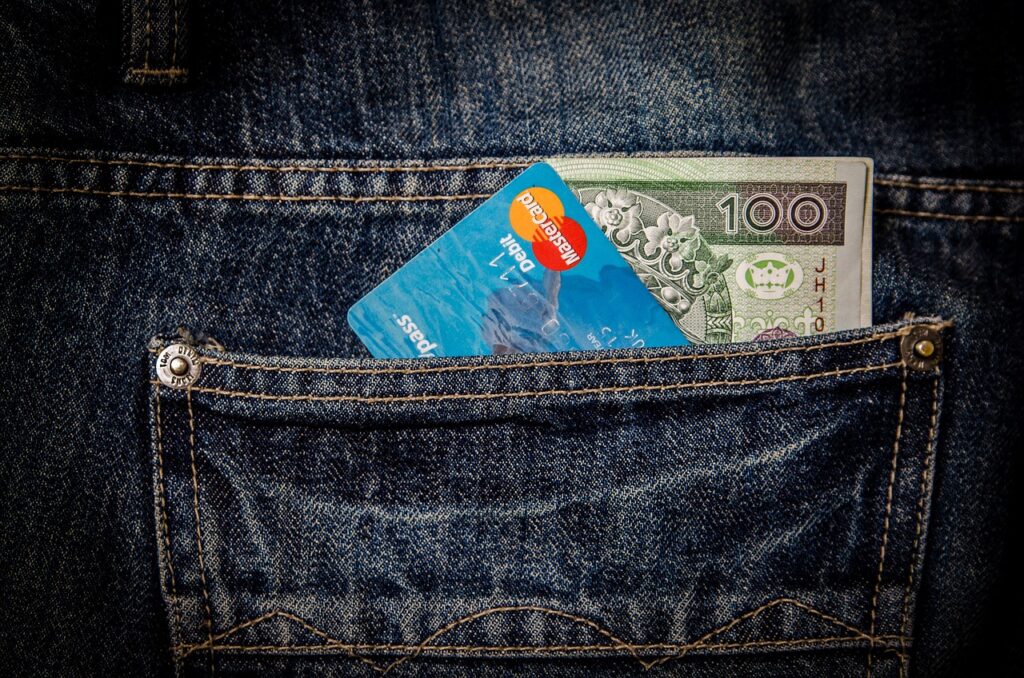
Self-promotion and getting your music into people’s living rooms is hard and expensive, especially for DIY artists. This world is full of great music, and yours will get lost in the mix if promotion is not part of your strategy to make a living from your passion.
Your main priority as a performing artist, producer, or songwriter is to be creative and to keep making music. This should be clear, as the business of your career depends on it to keep you alive and relevant. There has to be a dedicated amount of time you can devote to your music every day; a scheduled, habitual time frame when nothing else interferes. Aside from that, the goal is not only to make music, but also to release it in a timely manner. Create a strategy for releasing singles on a regular basis, and this will help you gain momentum. It’s not always necessary, specifically in today’s music climate, to wait until you have an entire EP or album ready.
Branding Yourself As A Working Musician
In 2023’s music market, developing your brand is almost as important as the music. Become more purposeful about who you are as a brand, because you are a brand whether you recognize it or not. People want to know about you when they listen to your music. Music is a product unlike any other in the world; it’s just got emotion attached to it. And with an emotional product comes curiosity. Music hits a nerve. Buying your favorite album is not the same experience as other commodities. You’re giving people something that is magic to them.
It’s easier to attract your ideal supporters when you can successfully explain who you are and what you stand for through your brand, so think of how you feel when you hear your own music. What does it stir in you? Put that into your artwork and your branding. It will always be more effective to consider the depth of your fan interactions through branding for the long term success of your career.
Music Videos and Social Media
Content reigns supreme. It’s no longer enough to simply have good music. There is so much out there that people lose interest quickly. In order to keep it, you’ll need high-quality photographs and videos. You can get away with a smartphone for a lot now, as the tech is getting better and better. But when you’re ready to step it up with video, you might want to network with some good videographers and student filmmakers. The idea is to always be doing just a little bit better every time you put out something. Professional-looking, high-resolution photographs are required to look less like an amateur on websites, bios, press releases, and social network posts.
Now, why are we talking so much about brands and music videos when the title is about your money? Because you won’t make any money until your image screams professionalism and competes with bigger artists.

Set aside budgets for Promotion and Marketing (Social Media Ads)
One of the most common complaints I hear about is about music marketing. Concerns range from “how do I promote myself” to “why is no one listening to my songs when I post them on social media.” You have to dedicate as much effort to promoting and marketing your content as you do to create it. This is going to become a required task you’ll have to include in your daily schedule. This is a job. You cannot wait until you’re already “there” to start promoting and investing money in your music career. It’s absolutely vital to start right away and do it as you go. Like they say; this is a journey. Your music as a job doesn’t end until you’re…. (retired)?
Website / Graphics
Visual presentation is king in the music scene now. If you want to be regarded seriously as a professional, people are going to want to see you in videos. You can simply post videos of live performances—that’s totally okay, and a great alternative to having to produce expensive music videos. Your videos can generate money. As you build your audience and your YouTube channel, for example, you can monetize. If you can’t monetize yet, you can hook up with music software and equipment brands and look into sponsorships or paid affiliations.
Any money you make on side projects like Epidemic Sound free royalty music, teaching guitar lessons, becoming a virtual studio musician from home, producing other people’s music, etc., needs to be treated like company money. It’s a good idea to separate it into a business bank account. Put a percentage of it back into your gear, any subscriptions you have for editing software (Studio One monthly, Izotope, etc.)
Don’t be afraid to ask fans for their support on your Patreon channel, build a discord, or start offering subscriptions on social media. There are quite a few ways to fund your passion. Just remember to keep it separated and invest in your career just as you would if you were the CEO of a company. You kind of are. If you’re already copyrighting your work, paying artists to design album covers and negotiating live gigs, you’re a business owner.
I can’t stress how important it is to balance the art of financing your own career in music and keeping the passion alive as you produce it. They go together. There is no final destination for anyone in the business of art and music. You never reach a finish line until you decide to quit altogether. To become a professional musician, you have to decide you are one and start living like it every day.




